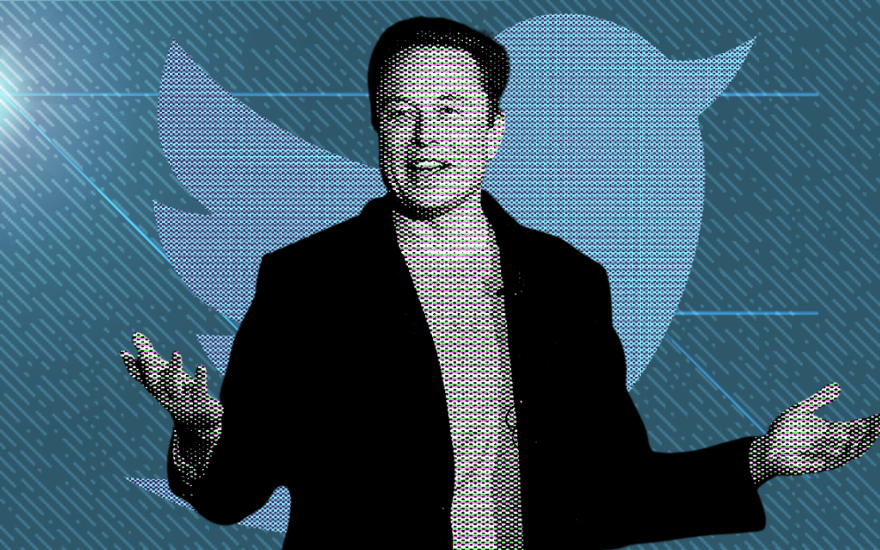Twitter owner Elon Musk said the platform will focus on accepting different values rather than imposing values going forward.
The policy shift follows a series of changes to the platform’s content moderation and terms of service after the tech billionaire’s October acquisition of the company.
Musk’s announcement appeared to reiterate his previous intent to refocus Twitter’s policy toward reflecting principles of free speech.
“Going forward, Twitter will be broadly accepting of different values, rather than trying to impose its own specific values on the world,” Musk wrote Tuesday.
Going forward, Twitter will be broadly accepting of different values, rather than trying to impose its own specific values on the world
— Elon Musk (@elonmusk) February 7, 2023
Musk has not elaborated further on the policy change as of Tuesday afternoon.
Twitter users reacted to the announcement by providing examples of the platform’s previous alleged values imposed on users.
“Get rid of the misgendering rule. It is/was a part of Twitter’s insistence on forcing its values on the world,” said journalist Ian Miles Cheong.
“I second this. The Twitter Rules should be neutral, but presently have progressive values baked into them,” said Babylon Bee owner and CEO Seth Dillon in agreement with Cheong.
“Being forced or compelled to use someone else’s ‘preferred pronouns’ is not free speech,” Cheong followed up.
“We don’t want fascist values on this platform,” said one user critical of Musk.
“Twitter appears to be broadly accepting of values which include extremism, aggression, intimidation, bullying and racism,” suggested another user.
In October, Musk detailed his decision to purchase Twitter as an effort to “to help humanity.”
“Twitter obviously cannot become a free-for-all-hellscape, where anything can be said with no consequences!” Musk continued. “In addition to adhering to the laws of the land, our platform must be warm and welcoming to all, where you can choose your desired experience according to your preferences, just as you can choose, for example, to see movies or play video games ranging from all ages to mature.”
In November, Musk clarified that Twitter’s policy would be “freedom of speech, but not freedom of reach.”
“Negative/hate tweets will be max deboosted & demonetized, so no ads or other revenue to Twitter. You won’t find the tweet unless you specifically seek it out, which is no different from rest of Internet,” Musk said of the policy change.
The tech billionaire later clarified the policy would apply to individual tweets rather than entire accounts.
Rapper Ye, formerly known as Kanye West, was suspended from Twitter in December, creating suspicion in Musk’s proposed content moderation policy.
Musk’s credibility on his free speech policy was further called into question in January following the suspension of YouTubers the Quartering and Brittany Venti’s Twitter accounts for allegedly sharing publicly available images of Eliza Bleu, who describes herself as a human trafficking survivor advocate, in a 2016 World Star Hip Hop music video.
Critics accused Bleu, who previously used several surnames including Knows, Siep, and Cuts, of lying and suggested her trafficking story wasn’t corroborated by her previous associations, including her appearance in the aforementioned music video among other instances.
Twitter users speculated Bleu was directly involved in influencing Twitter’s content moderation policy through her association with Musk regarding child abuse content on the platform, though the allegation has not been confirmed.
